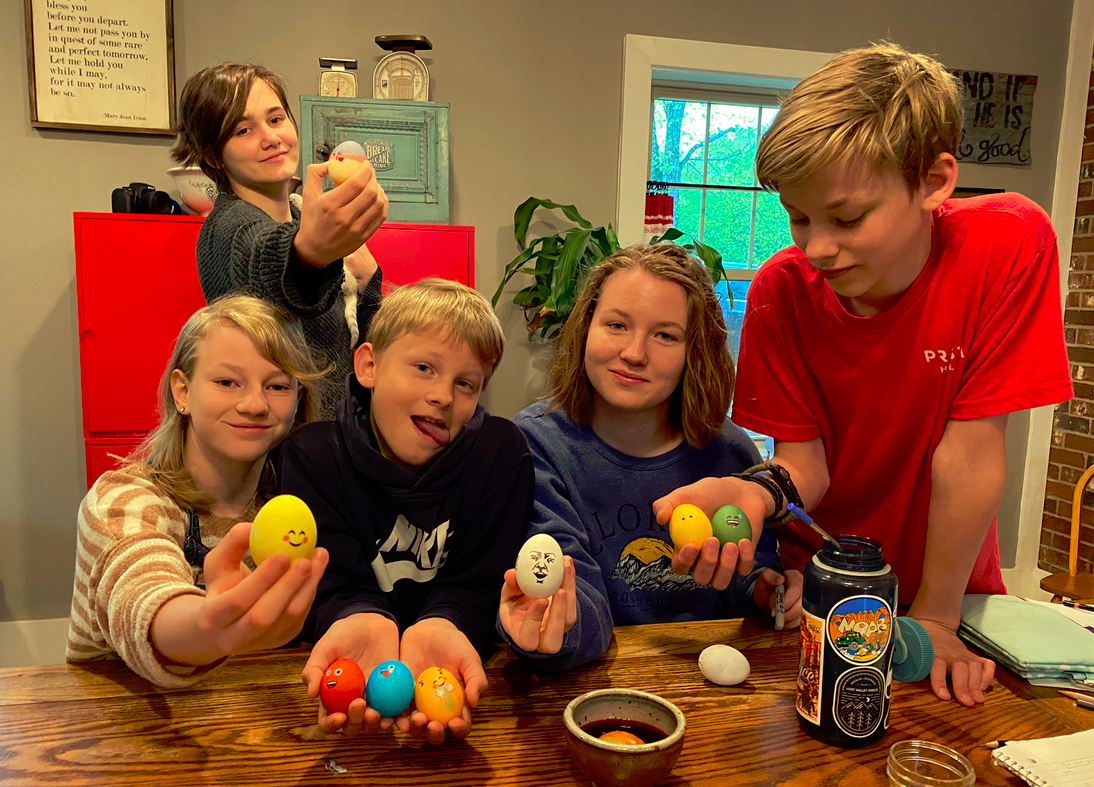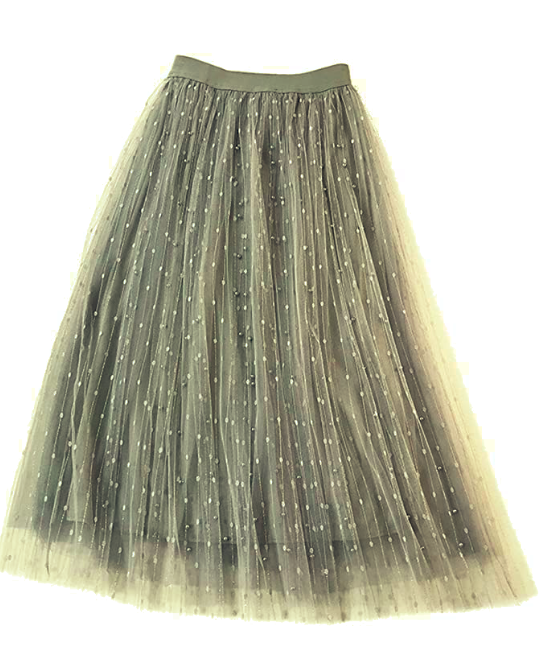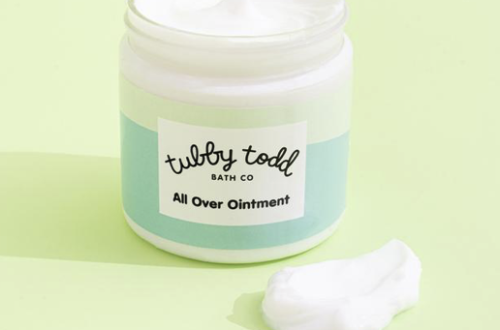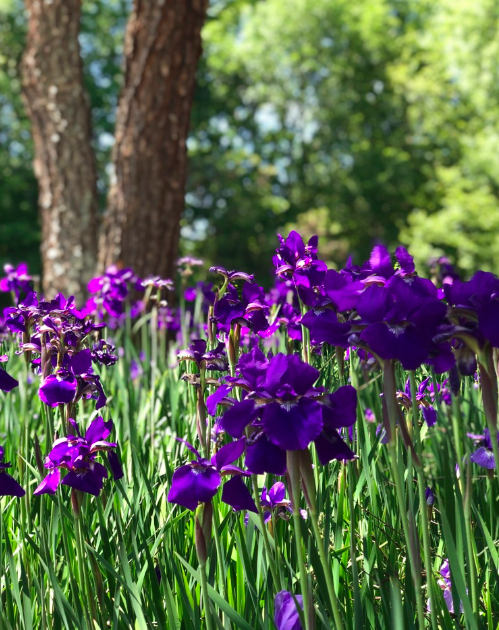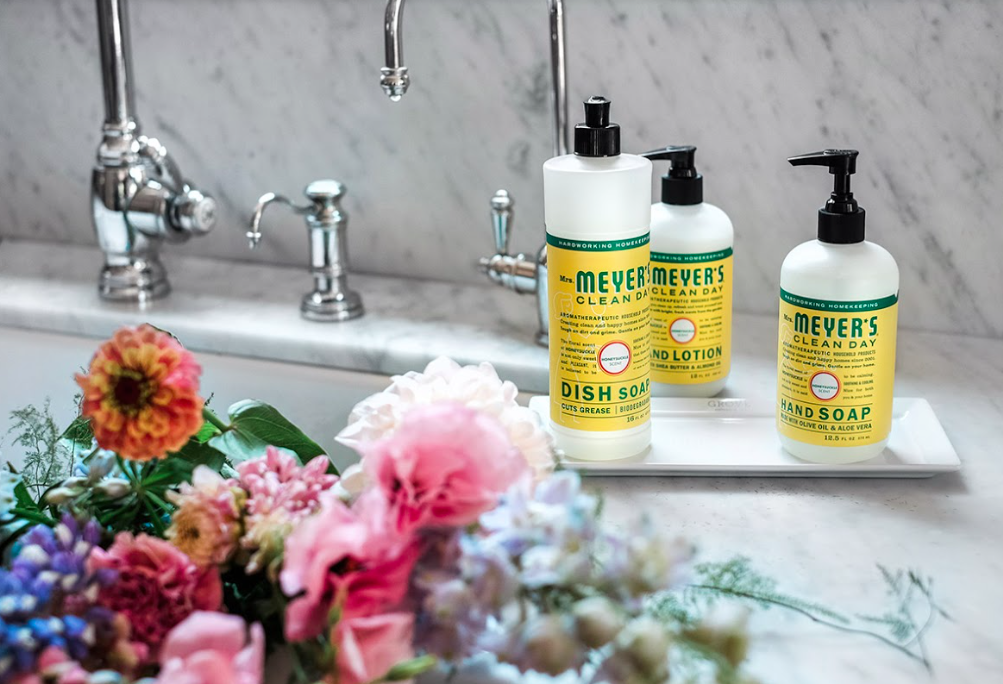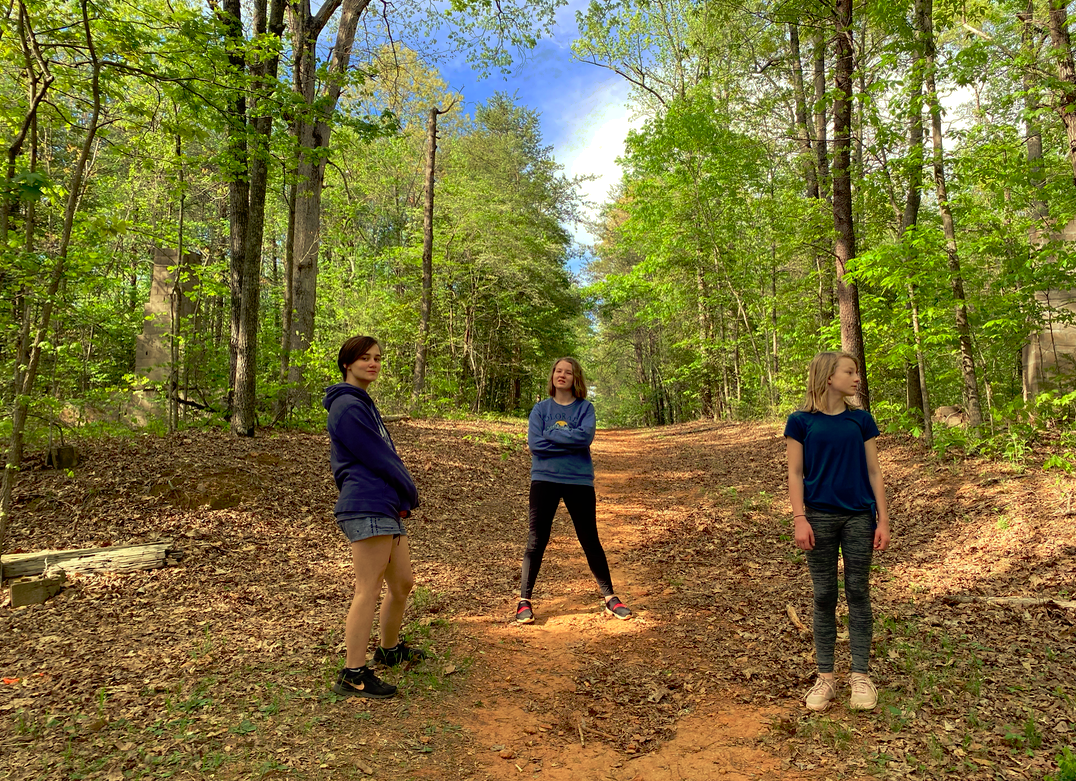
connections. relationships. education.
Education is about relationships.
Charlotte Mason said this and I believe it.

I believed it theoretically when I first read it, decades ago.
I believed it experientially when I thought back over my own education, both formal and self-chosen. When what I learned well and best, thoroughly and ingrained as part of my psyche, was when I had a relationship with the material.
That’s why Spanish for three years has vanished into the mist but words have stayed. Stories have stuck.
And I believed it theoretically for my children when I said yes to homeschooling.
And I believe it experientially as I watch my kids make their own connections, mourn for the ones they haven’t made yet that seem valuable to me and rejoice when they do and be surprised when the connections for them are different than the ones I imagined but are no less valuable and precious.
Chronology doesn’t matter to me.
The brain makes it own connections.
Here’s what I don’t care about as a teacher.
Grades.
I hate them actually. They’re the worst sort of assessment I’ve ever seen.
Tests. What are we proving here? A quality memory. Those kids with great memories, those grown ups with great memories – they are all going to be fine. Those exemplary memory banks will come in incredibly handy in their careers and in their home lives. A good memory is a gift all its own but it shouldn’t be the factor that determines a good student or not, a high rank in a class, a bright future in life. Memory can be encouraged and helped, but it’s a little like other traits – it’s there or it isn’t. Yes, it’s a beautiful gift worth cherishing when you can remember things with ease. But it is not a death sentence when your memory is not as efficient as your seat mate.
Here’s what does matter to me.
Growth.
Connections.
Empathy.
I’m re-reading Flannery O’Connor short stories to gauge which to use with my students and her name is mentioned in a book I’m also reading by Frederick Buechner.
I didn’t work to make that connection. It’s shining on the page for me. A happy coincidence but not actually a coincidence at all.
Similarly, as Danny Swersky discusses in his insights on pedagogical science, the same will happen for your students if you put a smorgasbord before them. If you don’t require SO MUCH FEEDBACK. If you let good literature speak for itself. If stories are a part of their history education. If there’s a purpose behind what you assign and not an assignment for the sake of gathering a grade or prepping for a test.
When you’re studying Geography and then later you read Heidi and you think, “Right, I know where she’s from, I have a picture of that place in my mind because I watched this documentary and then we studied that map and my cousin moved there and I read this other book that talked about Heidi too.”
Connections.
It’s actually exactly what I’m after.
Relationships.
Progress.
I don’t care if it’s bit by bit by bit. Tiny measures are, in fact, still measures.
__________________________________
